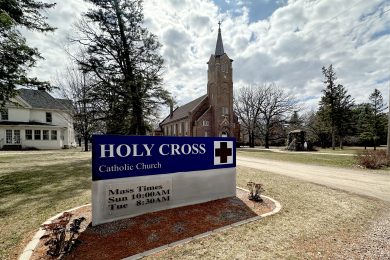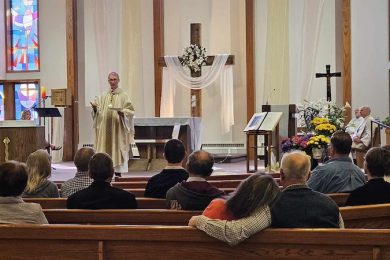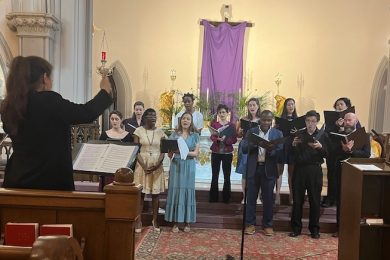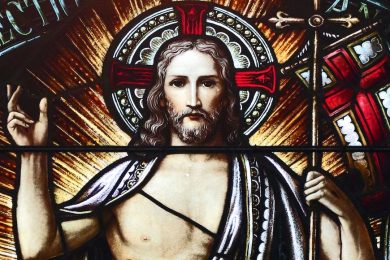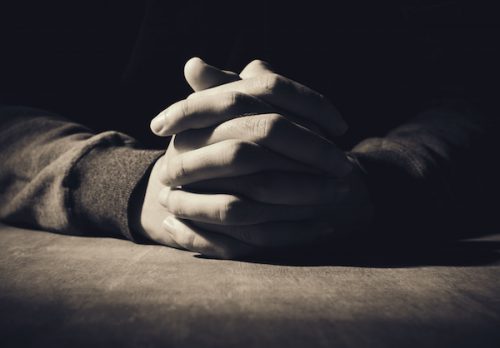Our church recently has been rocked by another dramatic disclosure of clergy abuse and bishops’ cover ups, this one from the Pennsylvania state attorney general’s office. New York’s attorney general is considering a similar investigation, and other states are likely to follow suit.
I don’t know why some men commit such acts against other human beings, especially vulnerable children. I do know it isn’t limited to clergy. Most of us know someone who suffered sexual abuse at the hands of a family member, relative or family friend.

As deplorable as these abuse acts are, the actions of some bishops who shielded the offenders and covered up credible accusations are equally deserving of condemnation. These bishops seemed to conceal the abuses because of a twisted sense of protecting the institutional church. Protecting the church and maintaining its “way of doing things” was more important to these church leaders than safeguarding children.
Especially troubling in the Pennsylvania report is the pattern of discounting accusations and protecting offenders. These cover-ups were not the result of poor judgment on the part of a few errant church officials. Rather, they reflect an ecclesiastical culture that places an exceedingly high value on keeping policies, practices and structures as they have always been. Is it any wonder Catholics are leaving the church in ever greater numbers?
Pope Francis is calling a summit in February to address the issue, a meeting of the world’s episcopal conference leaders.
This is reason for hope. At the same time it seems reasonable to question whether a meeting of members of the same clerical culture can bring the needed changes. It seems reasonable to expect this group to hold on to the policies and practices of the past — policies to which they seem unchangeably wedded, practices that may have contributed to the flourishing of episcopal cover-ups.
It seems equally reasonable for Catholic laity to expect and demand more. This is not the Catholic Church of the 1950s — a time when some felt the parishioner’s task was to pray, pay and obey. Through baptism we are empowered to do much more, like using the gifts God has given us to help guide our church.
In his 1971 apostolic exhortation “A Call to Action,” Pope Paul VI issued the following challenge: “It belongs to the laity, without waiting passively for orders and directives to take the initiative freely and to infuse a Christian spirit into the mentality, customs, laws, and structures of the community in which they live” (48). It is time for the laity to apply this same challenge to their church.
How to do this? One path could be to join one of the recently organized efforts by lay leaders around the country who seek to bring needed changes. Let our voices join the growing number of parishioners who, not wanting to leave their church, are seeking ways to make it whole.
We might also strive to help our clergy — and especially our bishops — to appreciate that many Catholics are ready for changes in church practices and policies. These may include the status of Catholics who are divorced and remarried, the place in this church for gay and lesbian Catholics, the question of who should be ordained. And, of course, how the church responds to the issue of clergy sexual abuse and bishops’ cover ups.
To pray that our clergy and bishops make wise decisions is good, but we also must work to bring about what we pray for.
That has to mean helping our church recognize where changes are needed, having the courage to name them and taking steps to bring them about. This may bring short-term institutional discomfort, but perhaps a long-term course correction for the church we love, for the church we know can be better, for the church that is ours and for which we are responsible.
Bernie Evans is retired from St. John’s University School of Theology/Seminary in Collegeville, where he held the Virgil Michel Ecumenical Chair in Rural Social Ministries.

